For over 30 years, South-South Cooperation (SSC) has been part of the UN strategy for advancing regional development agendas in the South. Enabling developing countries to take greater control of regional and national progress, it is now more critical than ever as the world tackles challenges such as food insecurity, social protection, climate change, HIV/AIDS and other global health pandemics. In order to institutionalise discussions on SSC, the UN has been organising an annual Global South-South Development Expo since 2008.
The event provides a forum to enable developing countries and development partners, including donor agencies, UN agencies and private sector and civil society organisations, to showcase their evidence-based South-South development solutions. Showcasing, learning about and supporting development solutions lies at the heart of the Expo. This year’s Expo was organised at the headquarters of the International Labour Organization (ILO) in Geneva, Switzerland, from 22 to 26 November 2010.
The event took place against the backdrop of the global economic crisis which has left least developed countries with even fewer opportunities for growth and security. With only six years remaining until the 2015 Millennium Development Goal (MDG) deadline, increased capacity development is essential for meeting these and other internationally agreed development goals, including the elimination of the worst forms of child labour by 2016.
Development solution forums concentrated on a broad range of issues under the themes of social protection, decent work, food security, climate change and environment, HIV/AIDS, global health and education. Ms Michele Bachelet, UN Women Executive Director and former president of Chile, said in her opening statement on 22 November that developing countries do not need to depend on industrialised countries to solve their problems. “Innovative development solutions are coming from the South,” she said. “The solutions are where the challenges are.”
The theme of this year’s Expo was “Solutions, Solutions, Solutions!” as a concrete response to the strong commitment made by the UN to help the South realise its shared aspirations of achieving sustainable and equitable development. “The South is a font of ideas and actions that are helping to tackle the major challenges of our day,” said UN Secretary General Ban Ki-moon during the opening session. While much of the world has faced difficulty in their efforts to meet the MDGs, several countries of the South have achieved major successes.
“No region of the world has a monopoly of wisdom or appropriate solutions,” said Mr Juan Somavia, ILO Director-General. Mr Celso Amorim, Minister of External Relations of Brazil, said the biggest challenges surrounding South-South cooperation were the “mental barriers and prejudices” linked to this issue. He added that South-South cooperation is part of an “attitude that has to do with trade, investment and politics.”
In the course of the week, several initiatives were announced, including an agreement between the ILO and the government of Brazil on the provision of humanitarian assistance to vulnerable populations to encourage prevention, rehabilitation and recovery by strengthening institutions and promoting tools for sustainable development. In addition, the governments of Brazil, India and South Africa (IBSA countries) have signed an agreement on South-South and triangular cooperation with the ILO in the field of decent work. The IBSA-ILO declaration builds on commitments by the IBSA countries to promote cooperation as an important tool for achieving social and economic development.
One of the workshops organised during the Expo was on Combating child labour through South-South Cooperation, which built on some of the experiences of the ILO’s International Programme on the Elimination of Child Labour (IPEC) in promoting this concept, a relatively new approach to international technical cooperation, particularly when compared with more traditional development aid profiles. For example, in 2005, Brazil, Mozambique and Angola reached an agreement with the ILO to promote the elimination of child labour. The objectives of all these initiatives are to create a platform for discussion between developing countries on relevant issues and to foster research and exchange of information. After Brazil, other developing countries have embarked in South-South initiatives on child labour, providing financial or technical resources. The experiences of Turkey, Panama, Chile, Argentina, India and South Africa are good examples.
More recently, SSC programmes are starting to attract industrialised countries and the ILO is promoting “South-South-North” triangular cooperation ventures, for example, the United States and Brazil worked together on a project to combat child labour in Haiti. It was noted that the child labour workshop at the Expo was happening at a time when unemployment in the world was increasing and, combined with poverty, this is a significant trigger for child labour. With more than 200 million child labourers in the world, the international community and developing economies have to develop innovative, creative and more effective and sustainable responses to child labour. SSC and South-South-North initiatives can help considerably in reinforcing action through the cross-fertilisation of ideas and exchange of experiences to identify new solutions and fresh resources to better respond to this social challenge.
To visit the Global South-South Development Expo 2010 web site, click here
For more information on the ILO and the Global South-South Expo 2010, click here
For more information on the ILO’s South-South Cooperation Programme, click here
To visit the web site of the UNDP’s Special Unit for South-South Cooperation, click here
